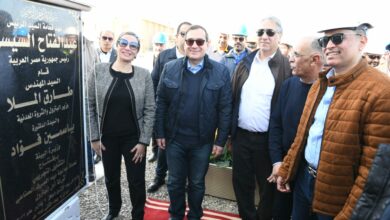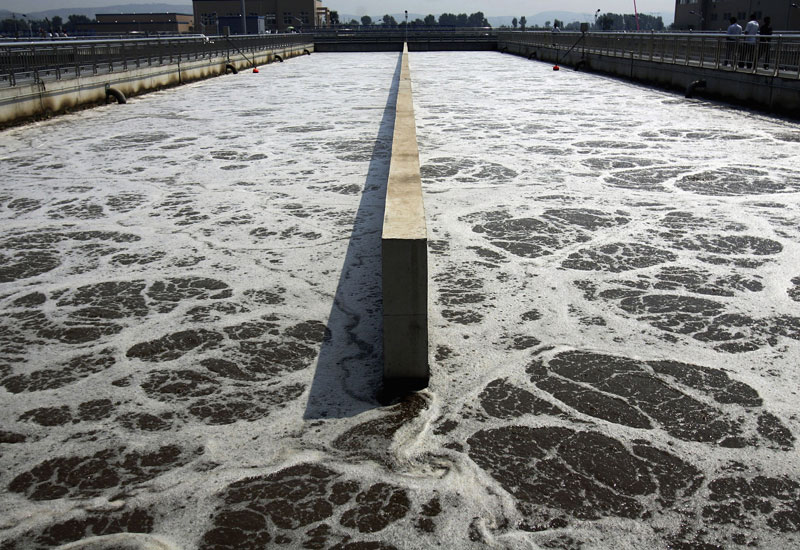By: Taffline Layline
As Egypt’s population increases, it puts pressure on the country’s main water source: the Nile River. In addition to general pollution from agricultural runoff and other means, the recent diesel spill north of Aswan demonstrates the challenges of keeping the river fit for consumption. With this in mind, government action is absolutely critical in order to ensure the river’s long-term sustainability.
Water management
In order to improve the quality of water that eventually seeps back into the Nile, the Egyptian government has to improve its current wastewater treatment infrastructure.To this end, several heavyweights will introduce their ideas at the upcoming International Quality and Productivity Center (IQPC) Conference to be held in Cairo from 31 October to 3 November, 2010. Participants will have the opportunity to attend workshops and presentations, and network with other professionals. Dr. Huseein Abdel Shafy from the Egyptian National Research Center is expected to discuss constructed wetlands as a low-tech alternative to modern treatment methods.
Constructed wetlands
Constructed wetlands consist of plants that are typically found around freshwater systems, such as bulrushes and papyrus. Scientists have learned that these plants absorb harmful nutrients from agricultural runoff–for example, before they enter into the freshwater system. Additionally, certain bacteria are used to feed on additional nutrients. This is nature’s system, and it is (unsurprisingly) remarkably effective.
The beauty of a wetland system is that it incorporates natural, closed-loop principles and is self-sustaining, therefore requiring very little maintenance. In addition, it is unnecessary to use harmful (and sometimes ineffective) chemicals to treat wastewater.
Dr. Medhat Saleh from Al-Azhar University will introduce the concept of centralized wastewater treatment systems for rural areas. However, evidence suggests that centralized systems often become overburdened and are expensive to maintain because of the piping necessary to transport wastewater to one central place. Even so, discussion and transparency are an important first step in identifying a problem and then implementing plans to resolve it.
Other participants will include the Deputy Chair of the Holding Company for Water and Wastewater, the EU Ambassador to Egypt, and the Project Manager for USAID Water and Wastewater Sector Support Program.




